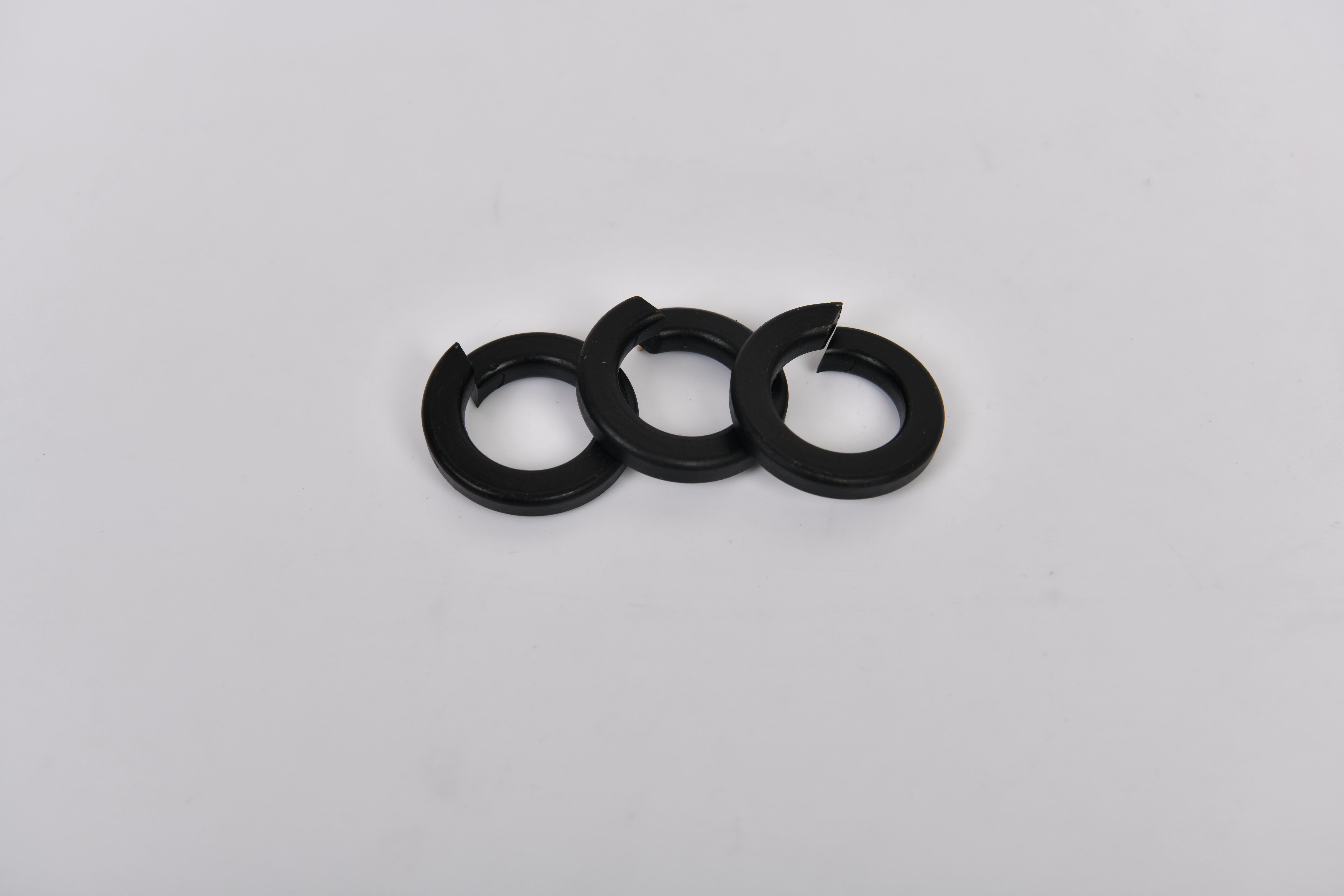Comparison of Self-Tapping Screws and Self-Drilling Products in Fastening Applications
Self-Tapping Screws vs. Self-Drilling Screws A Comprehensive Comparison
When it comes to construction and manufacturing, choosing the right fastener is crucial for ensuring structural integrity and ease of installation. Among the many options available, self-tapping screws and self-drilling screws are two popular choices. While they may seem similar, they serve distinct purposes and have unique features that set them apart. In this article, we’ll explore the primary differences between these two types of screws, their applications, and when to use each.
Self-Tapping Screws
Self-tapping screws are designed to create their own mating threads as they are driven into various materials, such as wood, metal, or plastic. The primary characteristic of a self-tapping screw is its sharp, pointed end that allows it to cut through the material without the need for a pre-drilled hole, although a pilot hole is often recommended to ensure precision and reduce splitting in certain applications.
These screws are available in a range of sizes, materials (such as stainless steel or carbon steel), and coatings (like zinc plating for corrosion resistance), making them versatile for various tasks. Self-tapping screws are commonly used in woodworking and metalworking, for attaching components, and in assemblies where a secure bond is necessary.
Self-Drilling Screws
Self-drilling screws, also known as tek screws, are a specific type of self-tapping screw that features a drill bit-like point designed to drill through metal and other hard materials. The unique design allows these screws to penetrate thick materials without pre-drilling, making them ideal for tasks such as fastening metal roofing, siding, or structural components.
The key advantage of self-drilling screws is their efficiency; they can save significant time and labor costs since there’s no need for a separate drilling process. They also come with various coatings to enhance durability and corrosion resistance, making them suitable for outdoor and industrial applications.
Key Differences
1. Point Design The most notable difference between the two is the tip design. Self-tapping screws have a sharp point for cutting threads, while self-drilling screws have a drill bit-like tip that allows them to create their own hole as they are driven in.
self tapping screw vs self drilling product

2. Material Compatibility Self-tapping screws can be used in a variety of materials, including wood and plastic. In contrast, self-drilling screws are particularly effective for metal applications, specifically in situations where the thickness of the material may prevent the use of standard screws.
3. Installation Process Self-tapping screws may require a pilot hole, especially in tougher materials, whereas self-drilling screws typically do not require pre-drilling, making installation faster and more straightforward.
4. Applications Self-tapping screws are often used for general fastening, while self-drilling screws are predominant in construction and heavy-duty applications, such as metal fabrication or roofing.
When to Use Each
The choice between self-tapping and self-drilling screws ultimately depends on your specific project requirements
- Use Self-Tapping Screws For - Woodworking projects. - When working with softer materials. - Applications requiring precision alignment.
- Use Self-Drilling Screws For - Metal fastening tasks. - Situations where speed is critical. - Outdoor applications where moisture resistance is a concern.
Conclusion
Selecting the right type of screw is essential for the success of any project. Understanding the differences between self-tapping and self-drilling screws will not only help you choose the most suitable fastener for your needs but also enhance the overall quality and durability of your work. By considering the material, application, and installation process, you can ensure that your project stands the test of time.
-
Top Choices for Plasterboard FixingNewsDec.26,2024
-
The Versatility of Specialty WashersNewsDec.26,2024
-
Secure Your ProjectsNewsDec.26,2024
-
Essential Screws for Chipboard Flooring ProjectsNewsDec.26,2024
-
Choosing the Right Drywall ScrewsNewsDec.26,2024
-
Black Phosphate Screws for Superior PerformanceNewsDec.26,2024
-
The Versatile Choice of Nylon Flat Washers for Your NeedsNewsDec.18,2024










